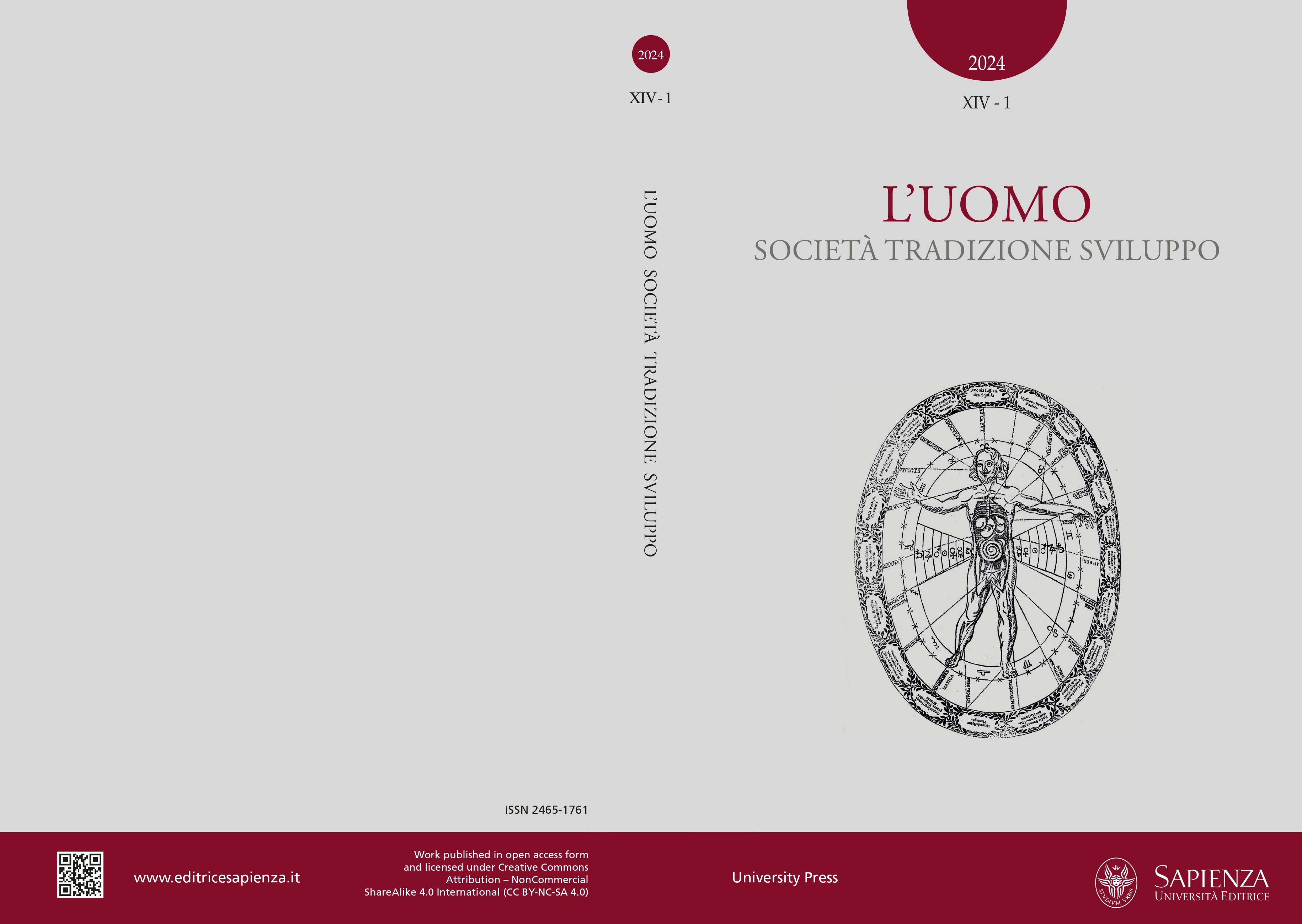The Diffuse Person: the Moral Worlds of Organ Transplantation
Keywords:
organ donation, medical anthropology, care relationships, personhood, moral anthropologyAbstract
In addition to the issue of the coherence of the Maussian model of gift practices in the context of the body donation, further crucial questions for anthropology sharply emerge. What symbolic role does the harvested and donated body part play? What kind of relational effects does it produce, circulating in the social body? Which discourses surround this experience? What kind of practices do they produce? In this article, on the basis of two ethnographic fieldworks on organ donation carried out in recent years (2018-2022), I intend to address this question by showing how we can interrogate not only the practice of donation but a multiplicity of notions involved in it. The aim will therefore be to show how, according to the social actors concerned with the organ donation, at least two notions of person – the Cartesian person and the diffuse person – operate. Depending on which notion the social actors refer to, different constructions of the world are revealed, different local knowledge is produced, and, above all, a different set of ethical practices is constructed, which we can reinterpret and understand from the perspective of care relationships.


